
Producing over 40% of teachers in South Africa
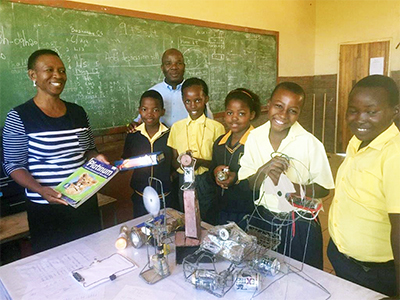
Technology Education teachers Ms Mongadi and Mr Mpheroane explore the theme Electrical Technology with their learners. On display are learners’ creative and innovative tasks, where they have used waste materials to develop these electrical-based projects. These range from handmade cardboard torches to series and parallel circuits.
Through his community engagement project called Sustaining the teaching of Technology Education (TE) through Action Research at Soshanguve East Secondary School in Thornview, Gauteng, Prof Tomé Mapotse, from Unisa’s College of Education (CEDU), has developed a new Technology Education Cascading Theory. Mapotse’s groundbreaking theory has been published on the global information systems Springer Technology Education publications domain.
The theory is anchored in the philosophy of ‘each one, teach one’. For instance, in year one, Mapotse becomes an Action Research (AR) practitioner while the Technology Education (TE) teachers are participants. In year two, Mapotse becomes the AR facilitator, School 1 TE teachers become AR practitioners, while School 2 TE teachers become participants. Lastly, as depicted in Table 1, in year three, Mapotse becomes a participant observer, TE teachers in School 1 become AR facilitators, those in School 2 become AR practitioners, and the ones in School 3 come to the programme as participants. What is more crucial is that in year one, the TE teachers are taken through the AR process and in year two, they engage with their peers from another school in action learning (AL) activities.
“The reason for being a participant-observer is to observe how TE teachers present specific topics to their colleagues. This training sharpens their Technology Education theme delivery. If teachers are able to present to their colleagues, they will be confident enough to present in front of their learners,” said Mapotse.
Table 1: Symbolic structure of Technology Education Cascading Theory
| Year | Technology Education teachers as AR participants | ||
| School 1 | School 2 | School 3 | |
| Year One | 3 participants | ||
| Year Two | 3 practitioners | 2 participants | |
| Year Three | 3 facilitators | 2 practitioners | 11 participants |
The community engagement project empowers grade 7-9 technology educators to implement the work schedule as prescribed in the school curriculum. The project is currently being implemented at six schools based in Ga-Matlala, Limpopo.
Mapotse is working with his team of Prof Mishack Gumbo, Elliot Ndlovu, and Dr Khazamula Maluleka. The project involves six teachers from primary schools and six teachers from secondary schools. In addition to developing a theory, Mapotse has also published three book chapters through his community engagement activities.
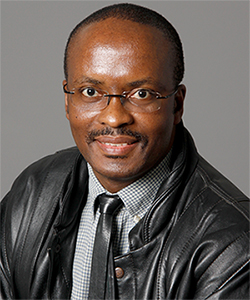
Prof Tomé Mapotse
*Submitted by Achieve Ubisi
Publish date: 2017-12-14 00:00:00.0
 National leader in mathematics education aims to improve outcomes
National leader in mathematics education aims to improve outcomes
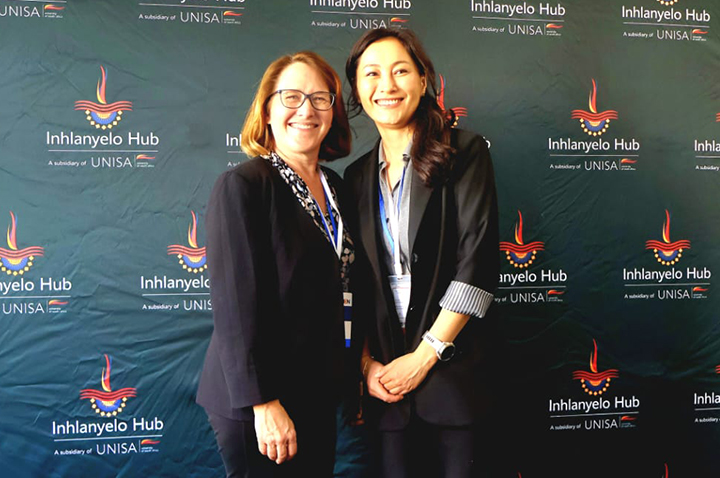 Unisa roundtable focuses on empowering SA women to lead in innovation
Unisa roundtable focuses on empowering SA women to lead in innovation
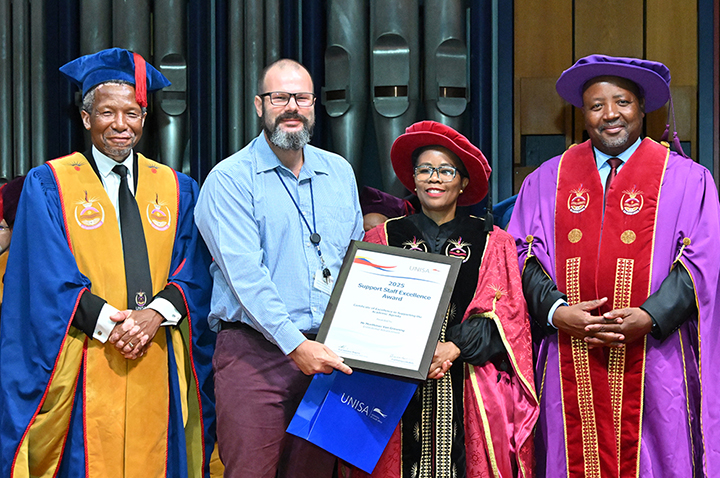 Unisan recognised for web excellence
Unisan recognised for web excellence
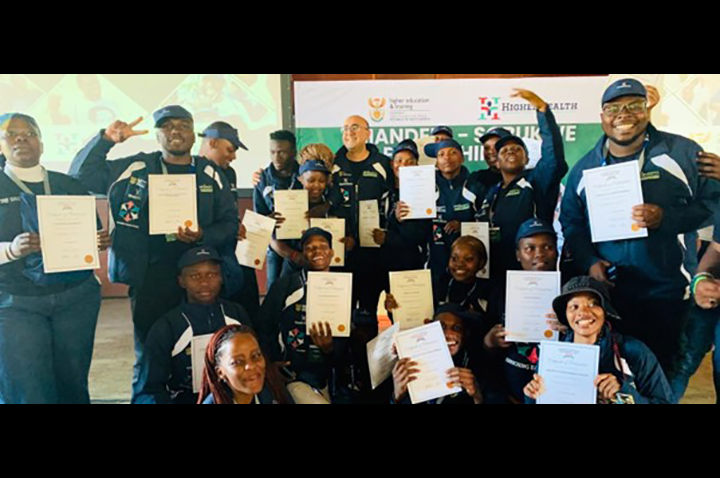 Office of the Dean of Students participates in leadership camp
Office of the Dean of Students participates in leadership camp
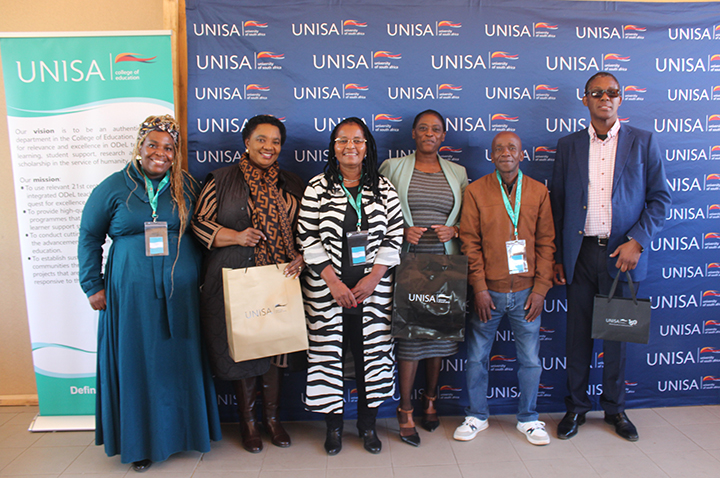 Unisa project fosters digital and pedagogical innovation in Limpopo schools
Unisa project fosters digital and pedagogical innovation in Limpopo schools